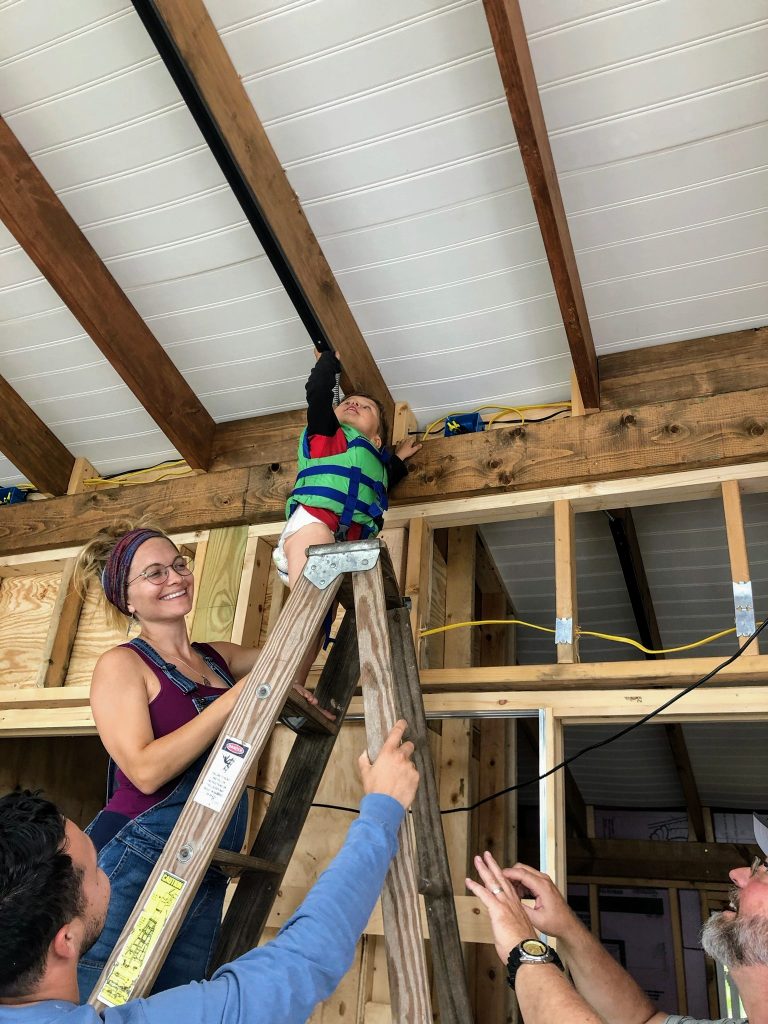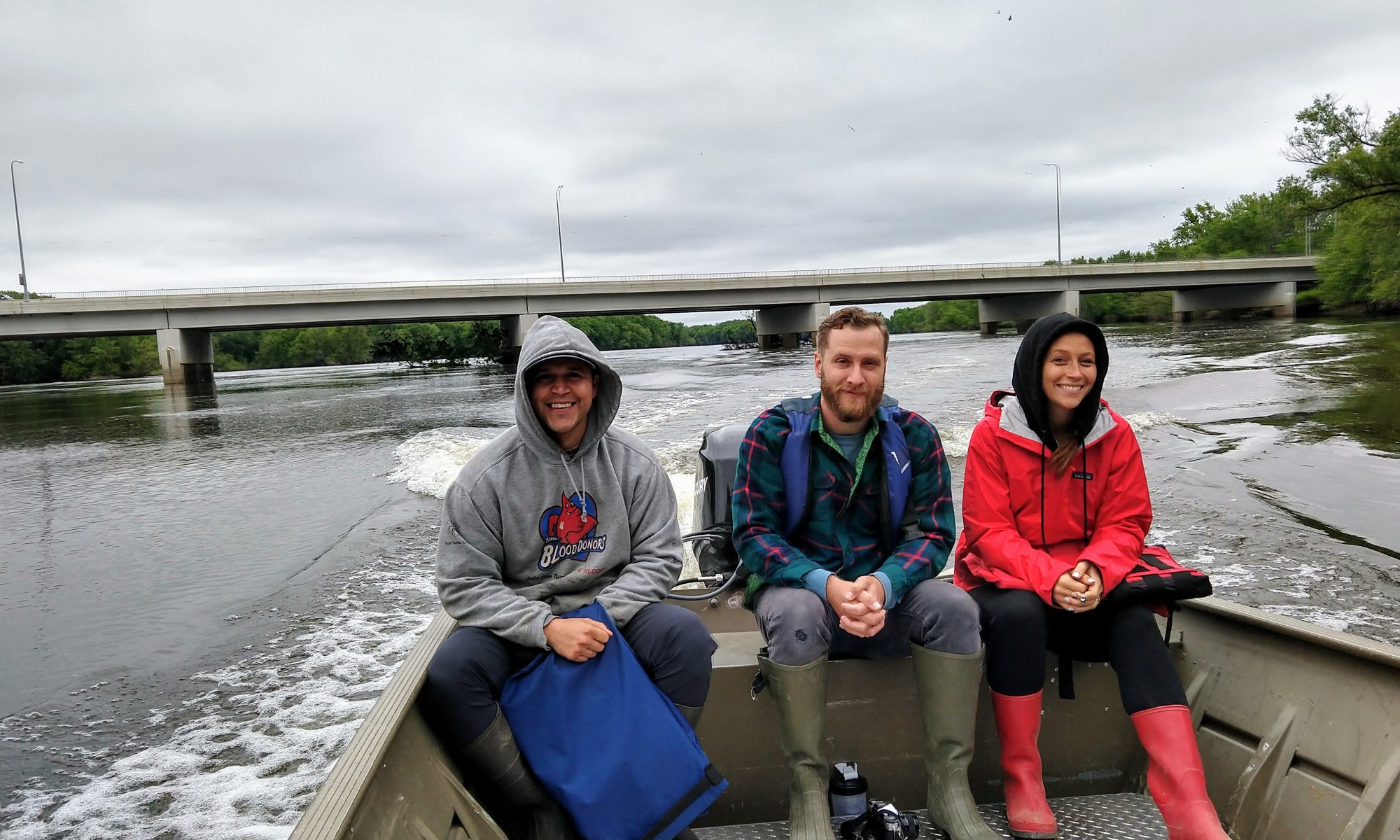Belonging. Love. Acceptance. No matter what human you come across, that human desires each of these things. We all do. The crabby coworker, the drunk uncle, the friend who never returns your calls, the introvert, the extrovert, that guy in The White House who tweets nonsensical criticisms, and everyone you love or despise, they all want these: belonging, love, and acceptance. I will refer to these three desires as “a village”.
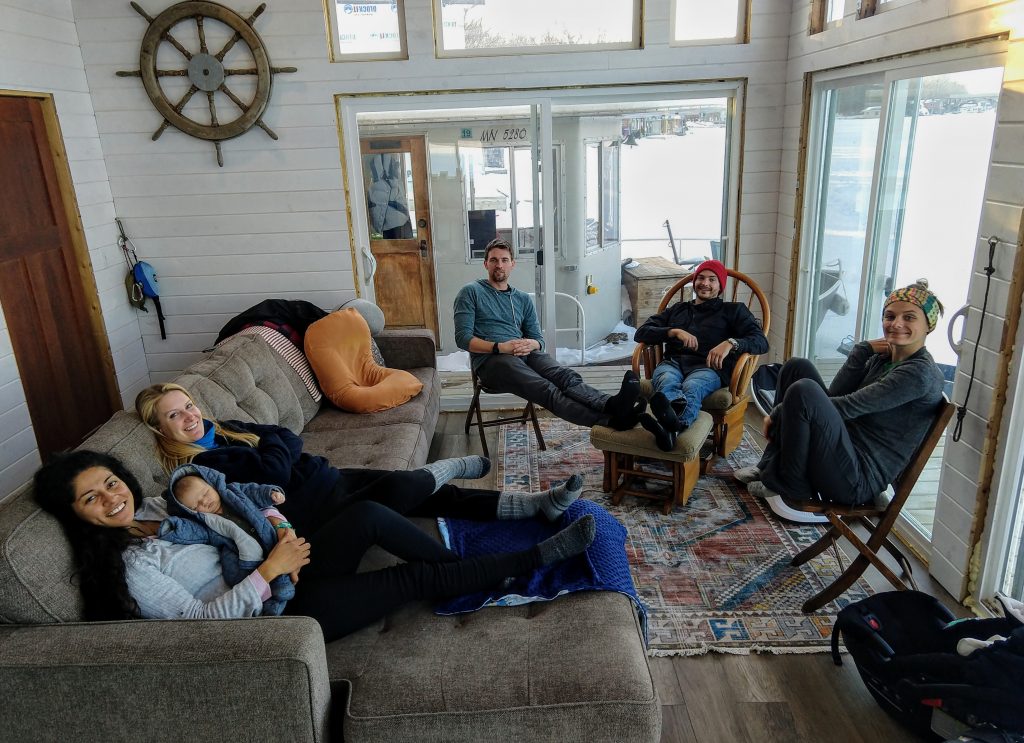
In 2018 until the spring of 2019, over 300 tents accumulated in a small area alongside Highway 55 in Minneapolis. These tents became a village of homeless people who now made a place they could call home. I drove past this community on my way to work and often pondered the good and the bad of a place like this. Of course, living in a tent in winter was unsafe, drug use was prevalent, and sanitation was challenging. However, people who once felt alone and vulnerable to dangers on the street now had a village- people nearby that would support them, check in on them, or simply accept them. I get it.
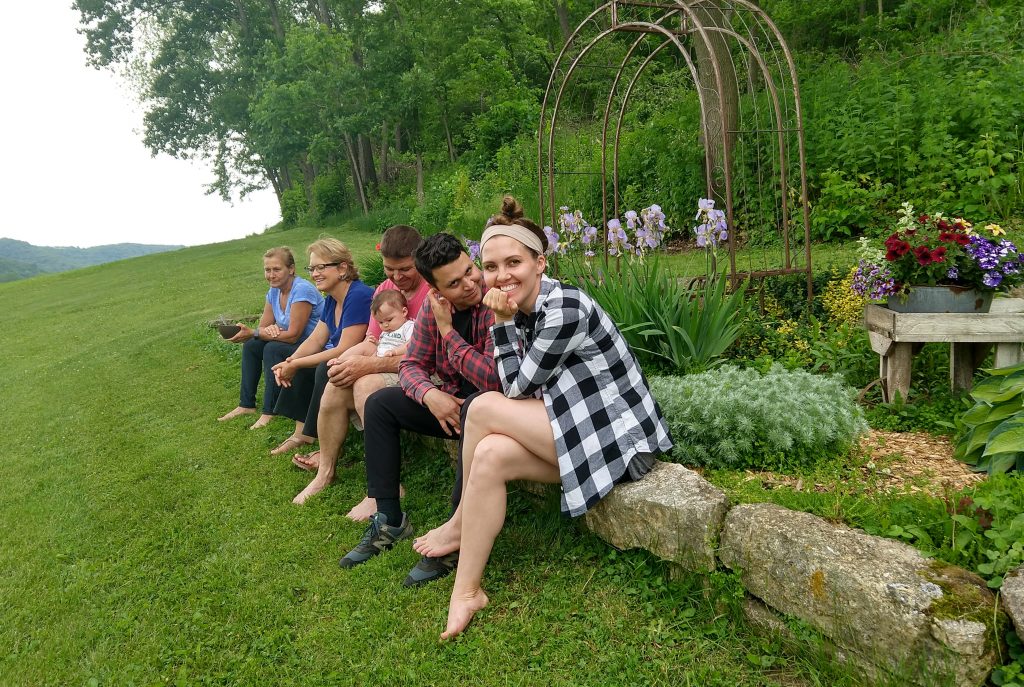
After passing the hundreds of tents and pondering a life experience outside of my own, I get to work. I’ve been a nurse for eight years now and four of them have been in the area of rehabilitation- rehab of trauma, stroke, burns, amputations, spinal cord injury, etc. I have found that the two factors that most contribute to quick progress and good outcomes are these: the patient’s health prior to injury (the healthier then, the better they heal now) and their village or the amount of support and involvement that surrounds them now. Do they have a horde of family or friends or at least one or two tried and trues that check in daily, bring food, decorate their room in photos and cards, make them laugh or let them cry in company? Without doubt, that patient will heal better and faster.
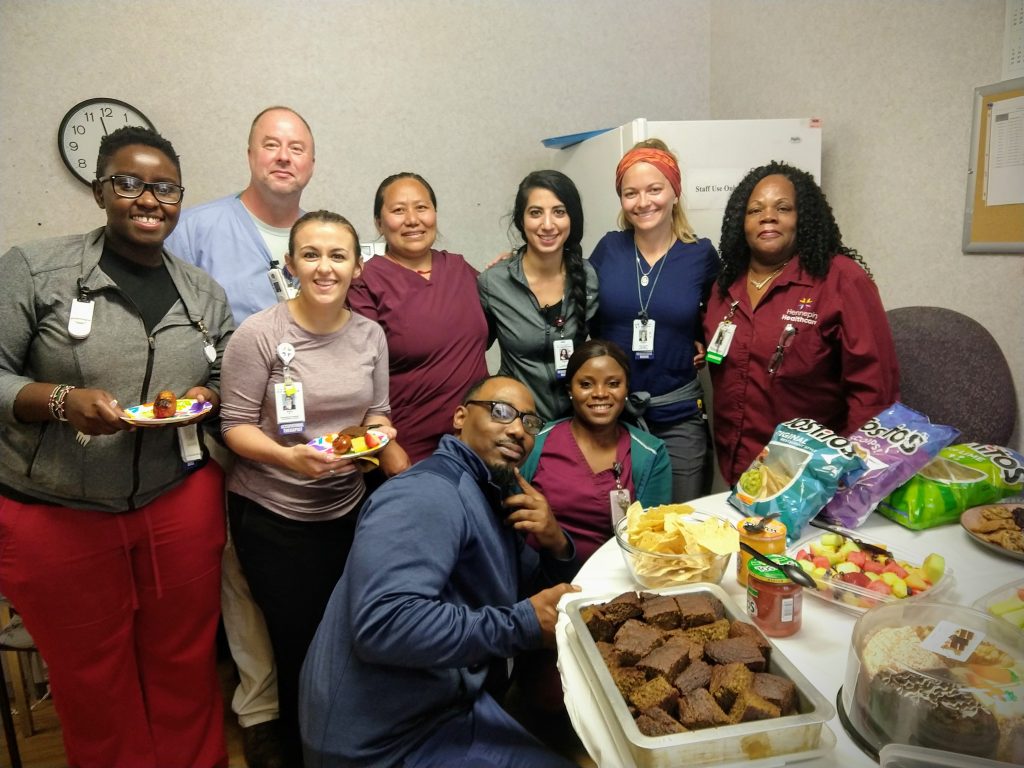
Belonging. Love. Acceptance. Having a village and contributing to one too. These are human necessities. Forget our modern society’s idea of necessities- a big house, new car, or big paycheck. I’ll take my little floating home, rusty old truck, and part time schedule any day. It’s the village I can’t live without. I need my family, my friends, and my neighbors to stay sane, healthy, and quite literally afloat. My baby boy needs them too.
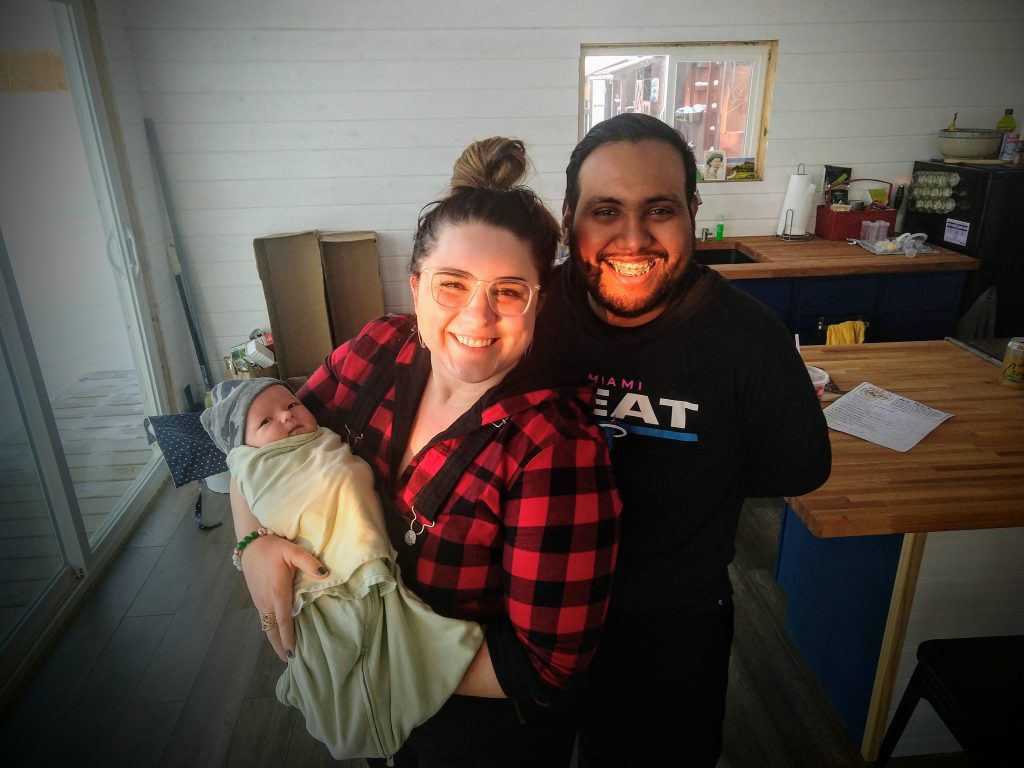
I gave birth to Hutch on January 9. On the evening of January 11, it was time to go home. I fed him at the hospital as Michael packed up our stuff and brought in the carseat. After Hutch was fed and bundled up, I put him in the carseat. Eager to get on the road, Michael quickly fastened the carseat latch at Hutch’s chest, and the plastic latch broke. Michael tried to repair it to no avail. He showed the nurses. After they asked why the latch looked melted (part of Michael’s repair attempt), they told us we would need to get a new one. Michael drove to WalMart (a store we recently vowed to boycott which is a whole other story) to get a new carseat. An hour later, Michael was back. We opened the “new” carseat and put Hutch in it. It wreaked of cigarette smoke… WTF. We ruefully continued with our departure, hurrying home to get Hutch out of this cigarette basin as soon as possible.
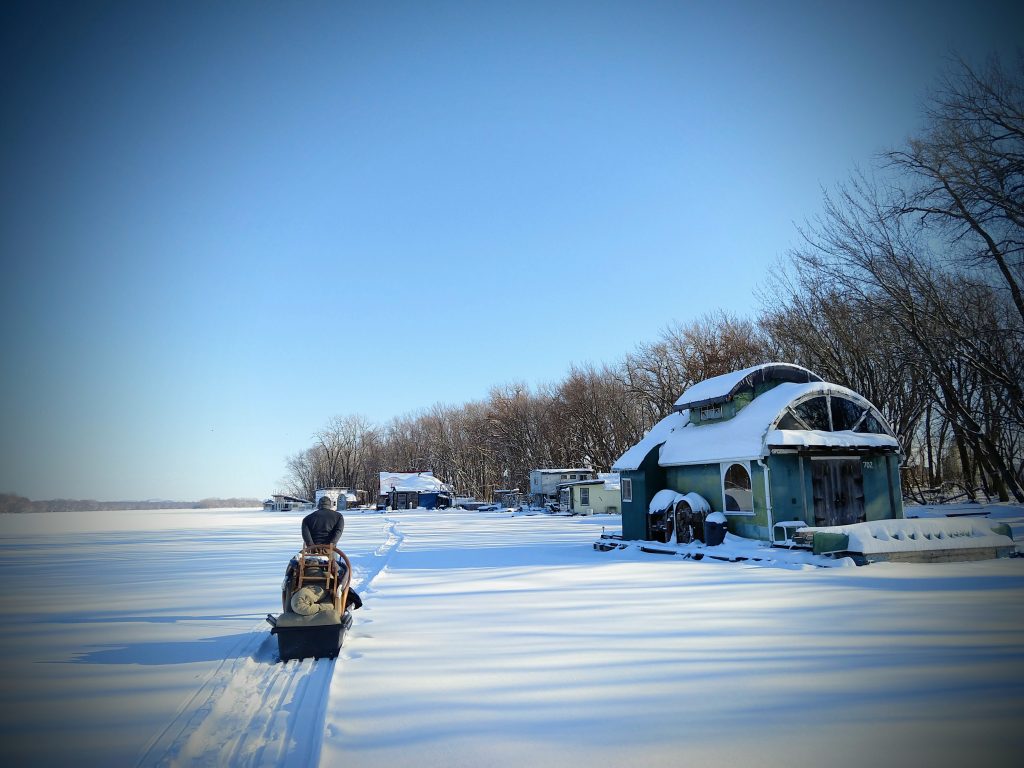
What Michael and I did not know is that the river level had risen two feet in that single day. Our life on the water revolves around the attitude of the river and for the last five days, our focus was diverted to meeting and loving our little boy. We forgot to check in with Ol’ Man River. The river height was 10.8 feet this day when it usually sits around 7 feet.
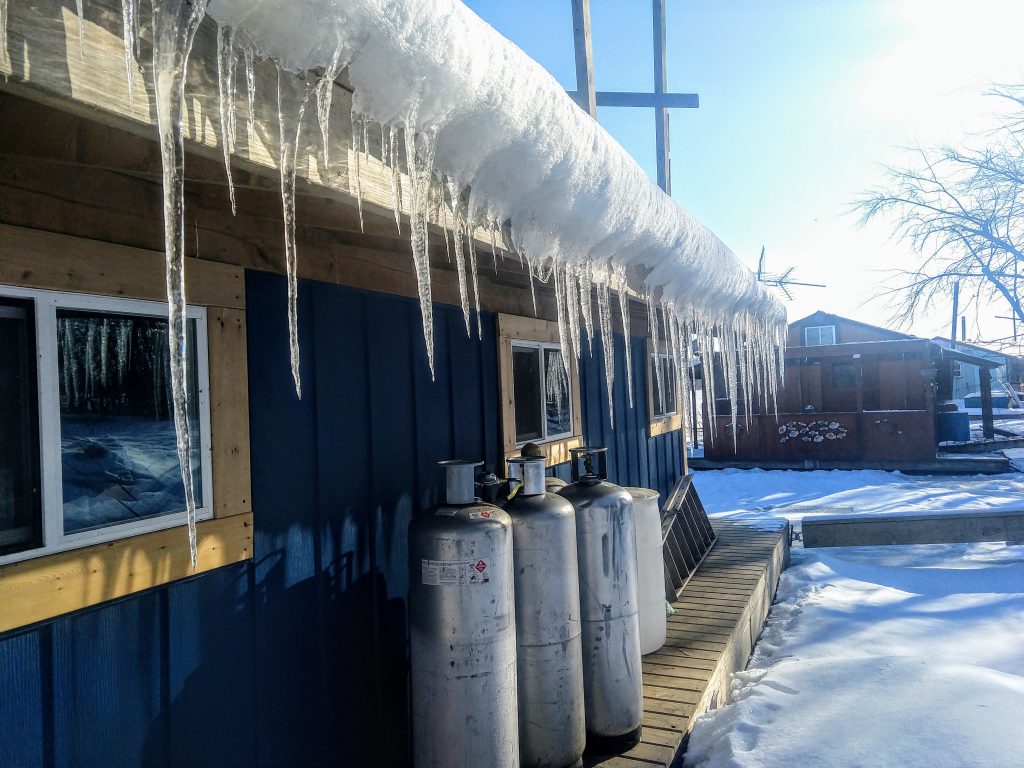
Ice dams had caused the rise. As we carried Hutch across the island in the dark in 12 degree weather, we came upon the flooded center portion of the island. One of our neighbors had left a canoe for himself and the other islanders to traverse this section. Hutch very quickly had his first canoe ride. We came upon another flooded portion. We didn’t have our headlamps but the moon was full. We thought we could walk this part. I had my knee high boots on; Michael did not but felt fine getting his shoes and pants wet. We went separate ways, each believing one way would be better than the other. We both got soaked. The water went past our knees, into my boots, and after this, we could not wait to get into our warm little home.
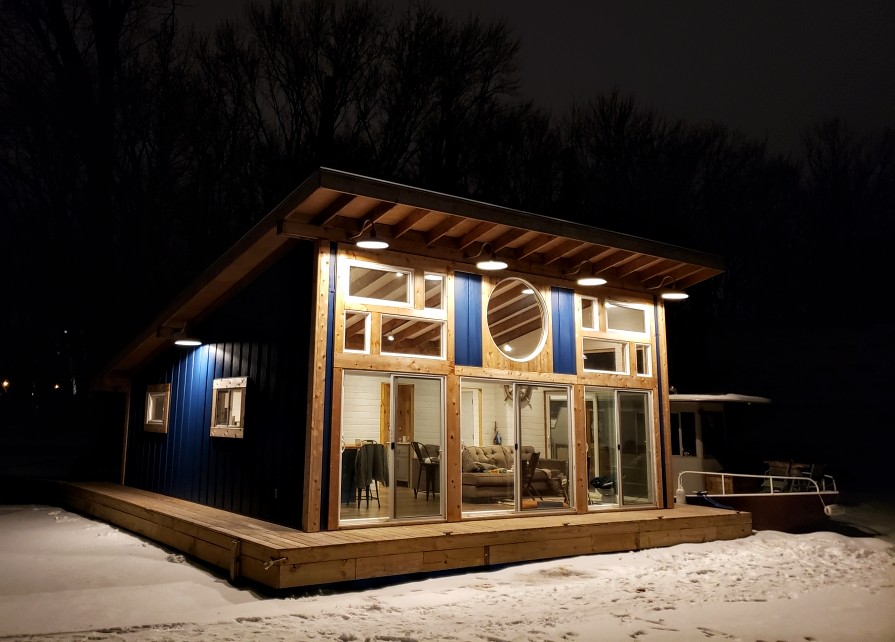
Another unexpected circumstance greeted us as we opened the door to our boathouse. The batteries had drained down to nothing, and the usually cozy boathouse was sitting at 32 degrees Fahrenheit. I wanted to cry. I was exhausted and holding my bundled and hungry baby while feeling like the worst mom to ever walk the planet. First, he had to ride in that disgusting carseat. Now, we didn’t even have a warm home for him.
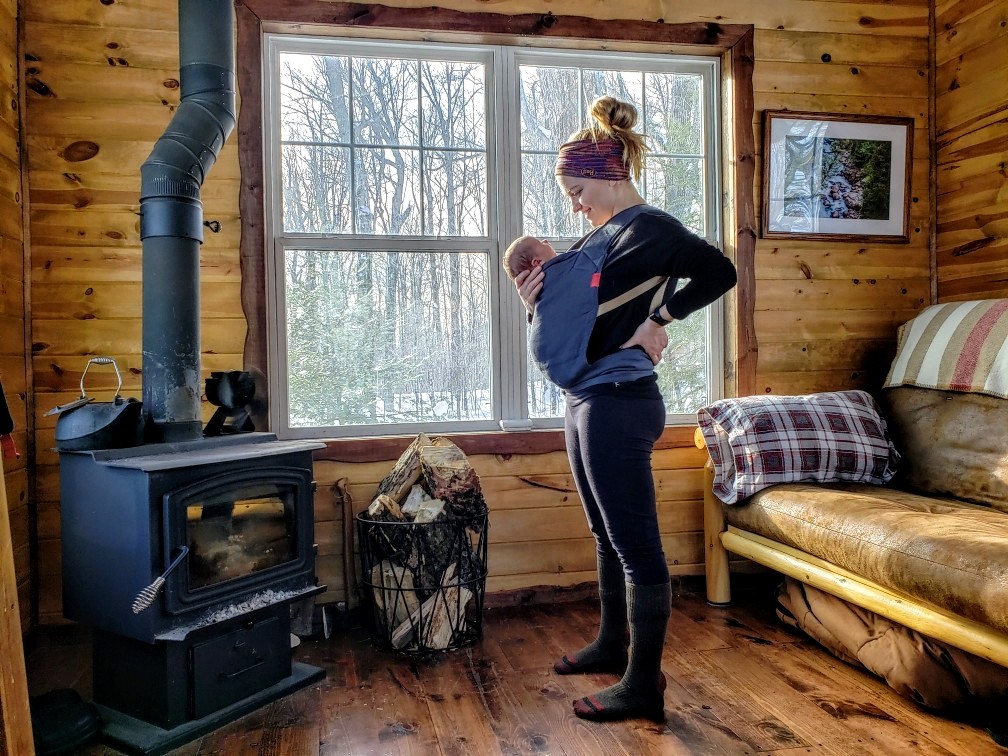
It was 7pm when we got to our cold boathouse. It would take the rest of the night to charge the batteries and reheat our home. In that moment, we were wet and without warm shelter, but we were not without our village. We could have traversed the island again to stay with our land-dwelling relatives or we could walk the 30 feet to our neighbor John’s house.
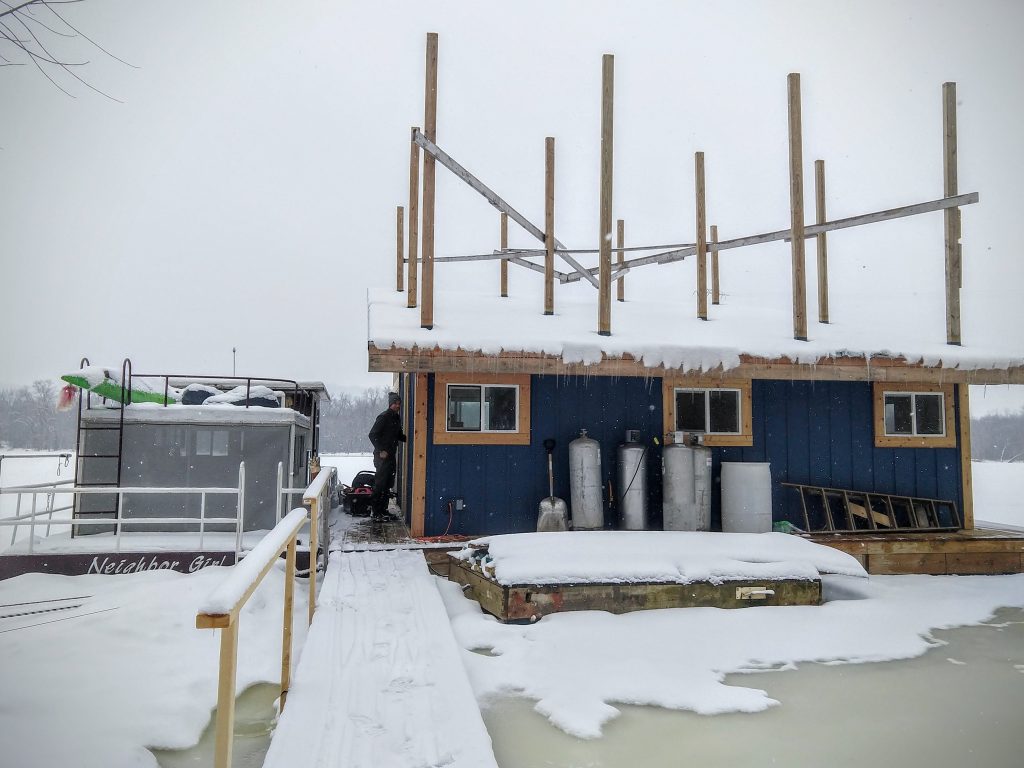
We called John. As always, he was there for us. He happily put us up for the night- a night that involved many instances of baby cries, lots of breastfeeding- something I was still getting used to and was quite the process, and a full takeover of his main room with a bassinet set up, diaper supplies, etc. We were welcomed and warmed.
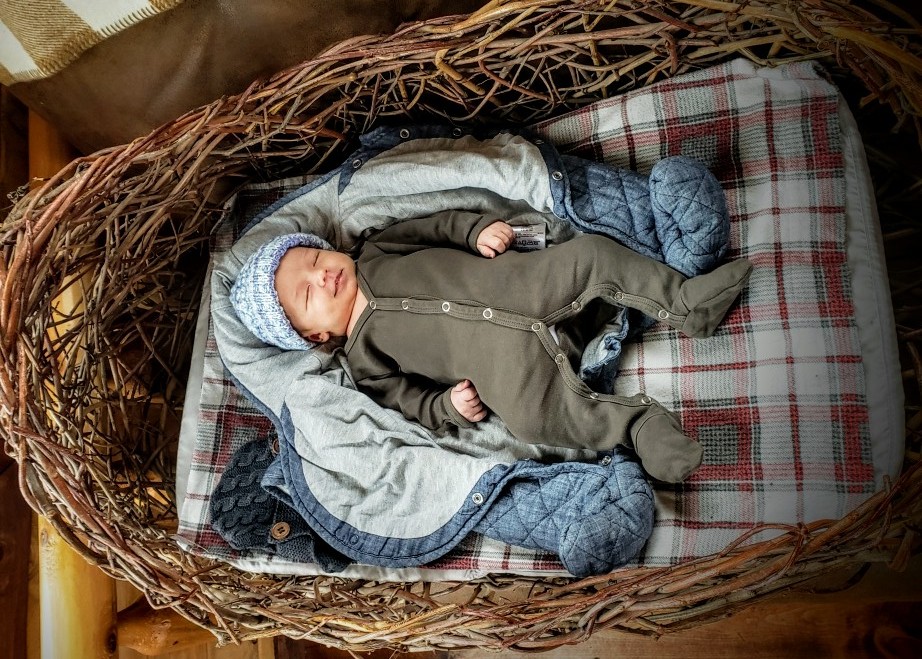
I recently read a book by Sebastian Junger titled “Tribe”. It discussed the value of a village and the detrimental effects of not having one. As always with books read, I wrote down some of my favorite quotes.
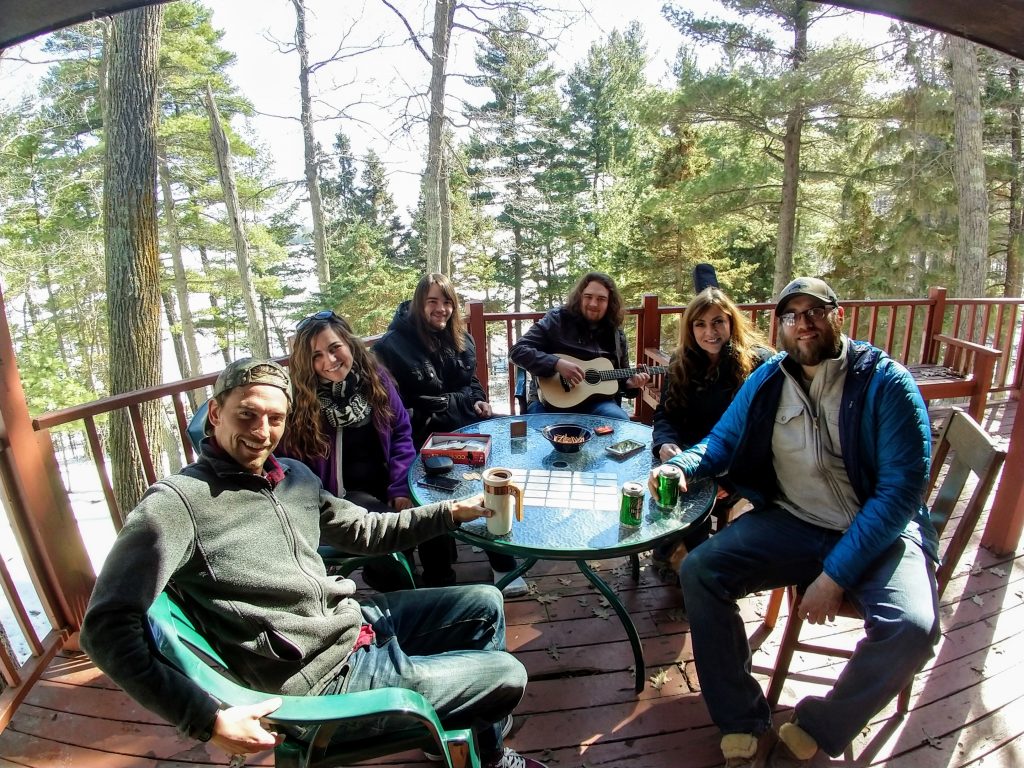
The following two quotes ring true to me as I recall comfortably sitting on Neighbor John’s couch feeding Hutch as he watches the Tennessee Titans upset the Ravens in the divisional playoff game:
“Some people are generous. What made him different was he had taken responsibility for me.”
“Robert Frost famously wrote that home is the place where when you have to go there, they have to take you in.”
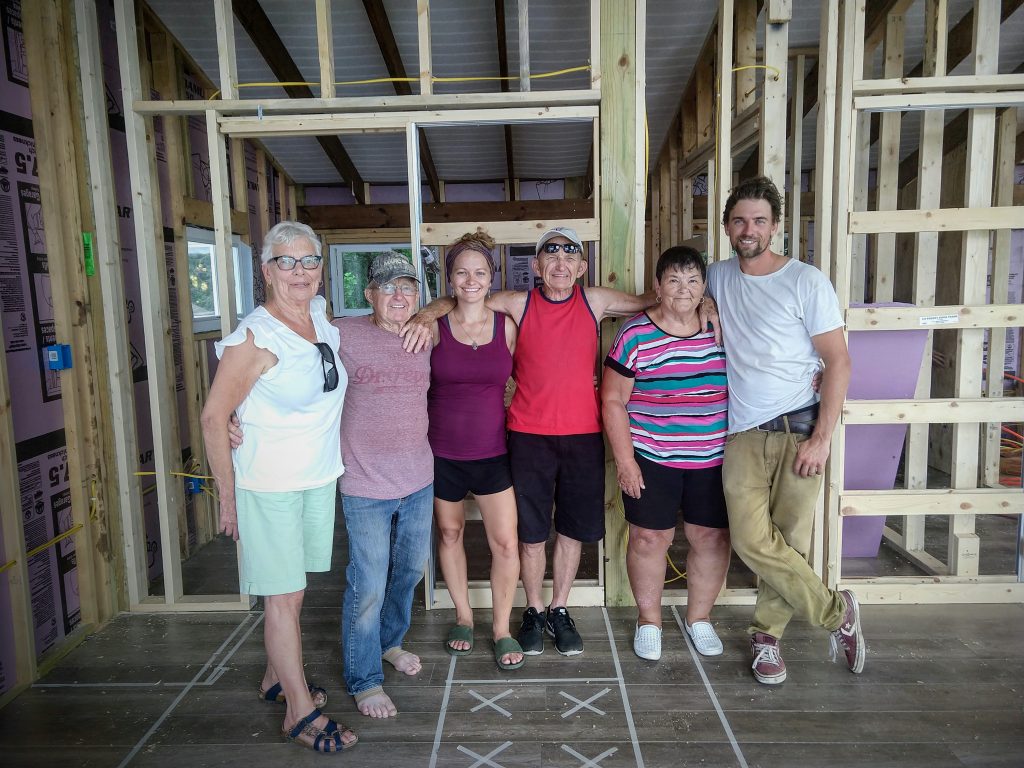
In an increasingly individualistic society, I choose to rebel in small ways. I choose to be vulnerable and allow others to do the same, to keep my door open and lack hesitation in entering the open door of another, to live minimally and buck the culture of consumption, and to share experiences, stories, and life with a village of people both similar to and different than myself.
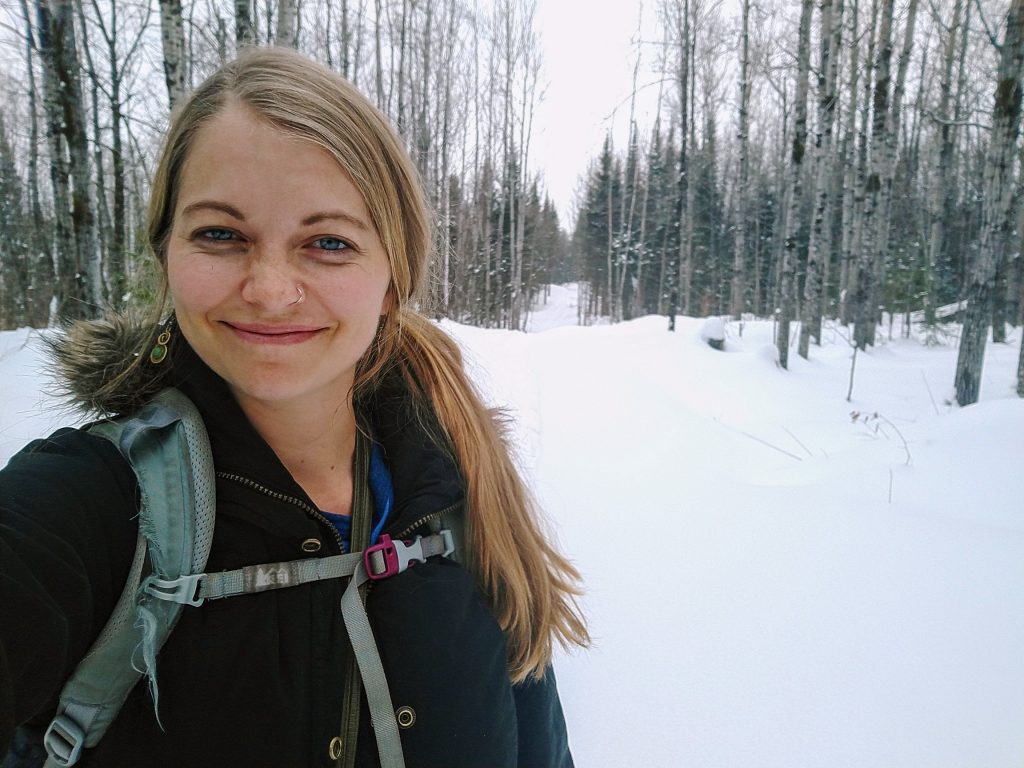
I choose to raise a son in this ever-growing village of love, belonging, and acceptance. I hope to allow him the priviledge of knowing a plethora of human experiences outside of his own. It takes a village. It always has.
